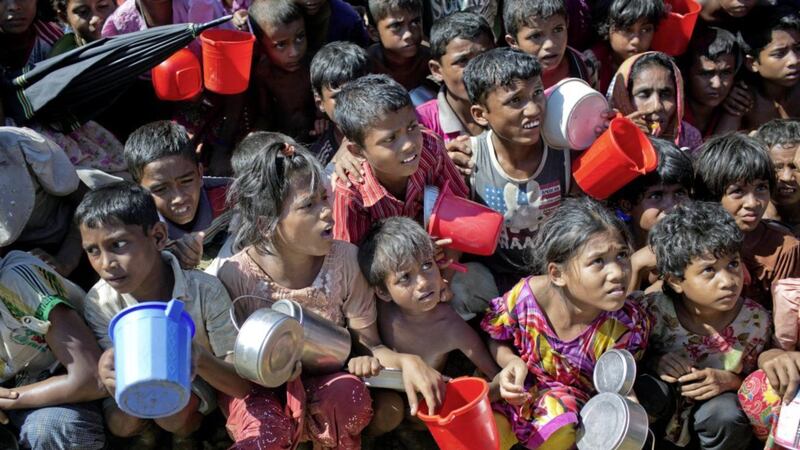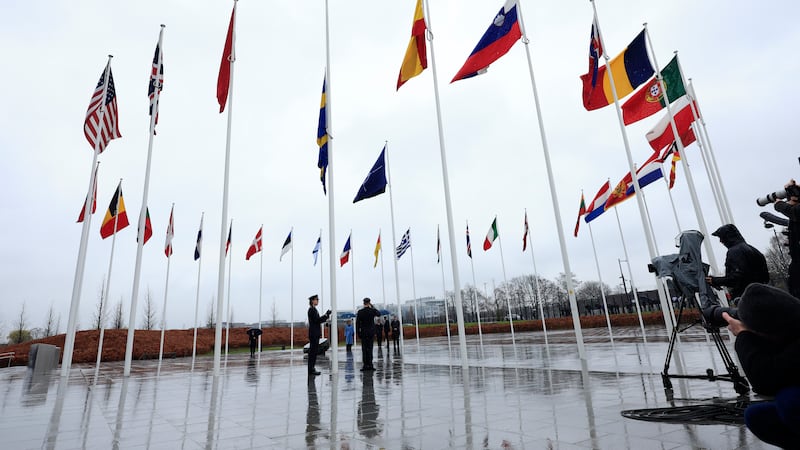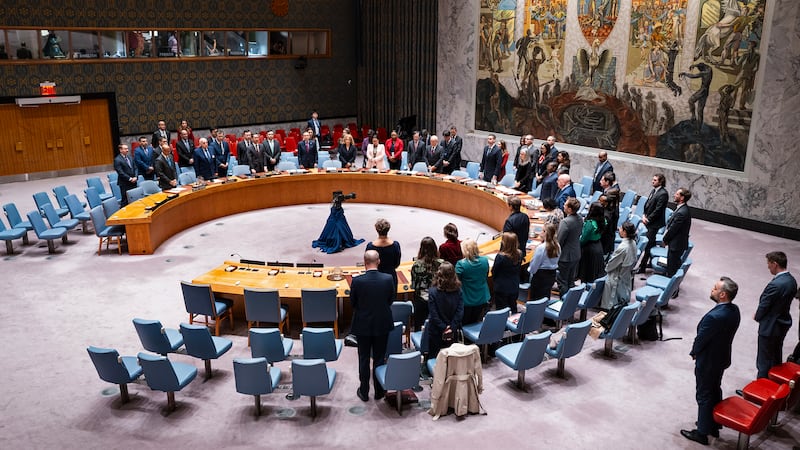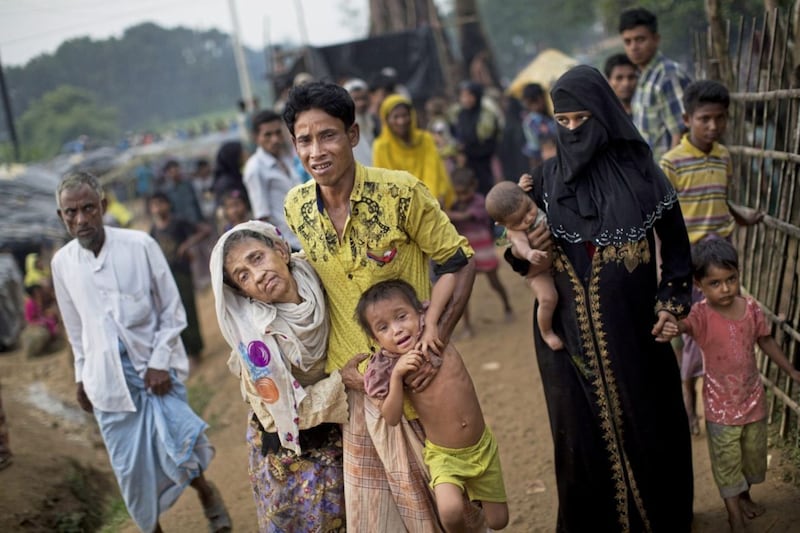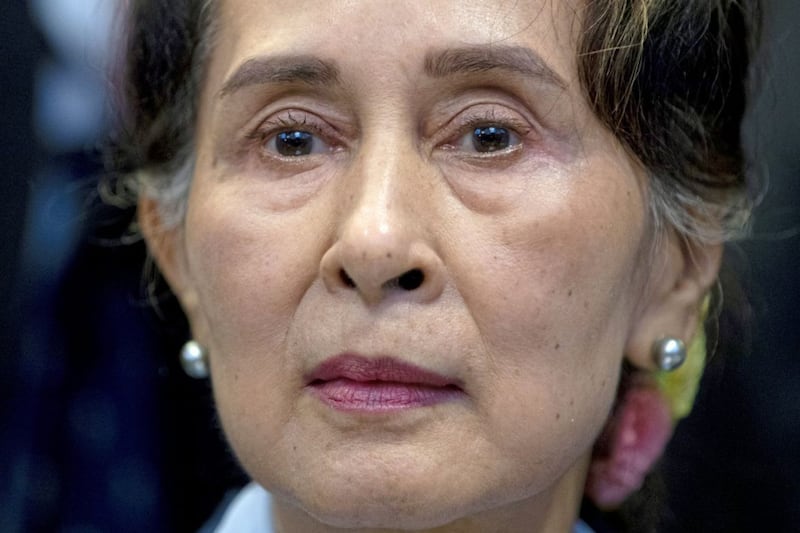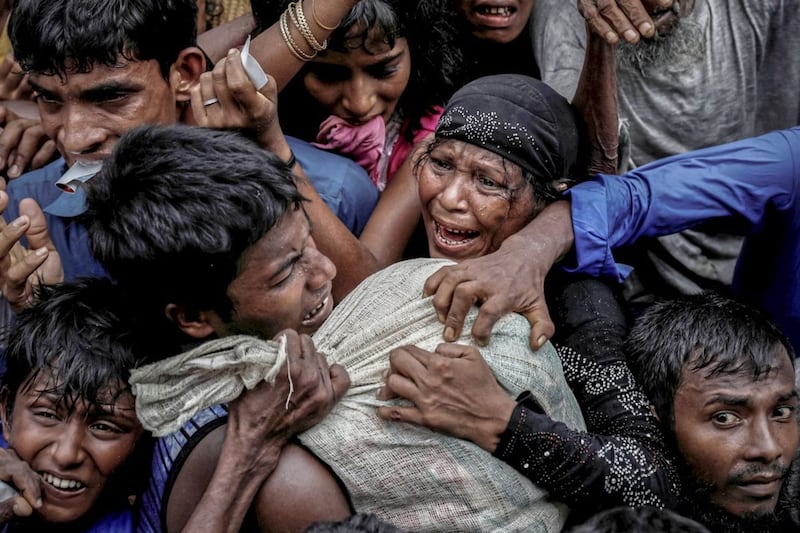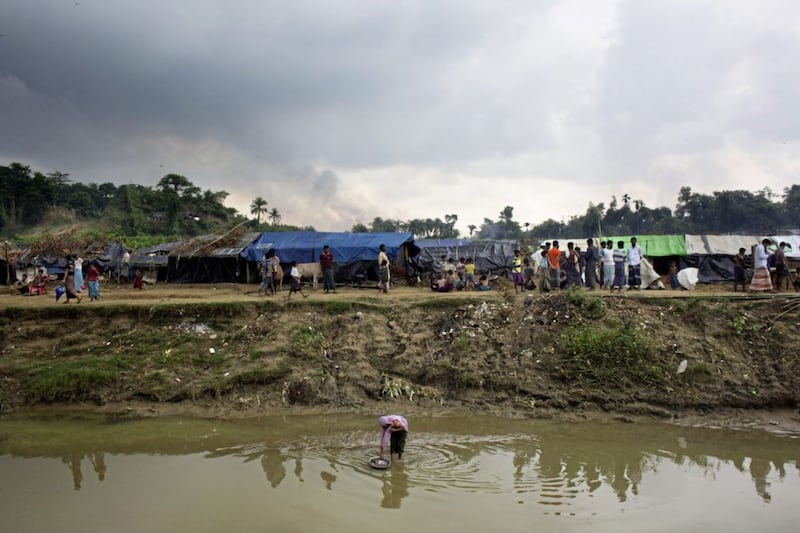Burma's military issued its most forceful denial yet on Tuesday that security forces had committed atrocities during "clearance operations" in the west of the country that have sparked the largest refugee crisis in Asia in decades.
In a statement, the military said it had interviewed thousands of people during its month-long investigation into the conduct of troops in western Rakhine state after Rohingya insurgents launched a series of attacks there on August 25.
While the report acknowledged battles against militants from the Arakan Rohingya Salvation Army, or ARSA, it claimed security forces had "never shot at the innocent Bengalis" and "there was no death of innocent people".
Burma's government and most of the Buddhist majority say the members of the Muslim minority are "Bengalis" who migrated illegally from Bangladesh and do not acknowledge the Rohingya as a local ethnic group, even though they have lived in Burma for generations.
The military's latest denial of wrongdoing contradicts consistent statements from refugees in Bangladesh who have described witnessing and experiencing atrocities committed by security forces and Buddhist mobs.
Some of the refugees suffered gunshot wounds and severe burns, and those who have spoken to journalists and human rights groups accuse Burma's security forces of massacres, rape, looting and the burning of hundreds of villages during the military operation.
The military said the investigation showed that security forces did not use excessive force and had abided by the army's rules of engagement.
Burma's government does not allow independent journalists to travel freely to the parts of Rakhine state where most of the latest violence has taken place.
The report comes just ahead of an expected visit on Wednesday by US secretary of state Rex Tillerson, who is due to hold talks with senior officials on the crisis.
